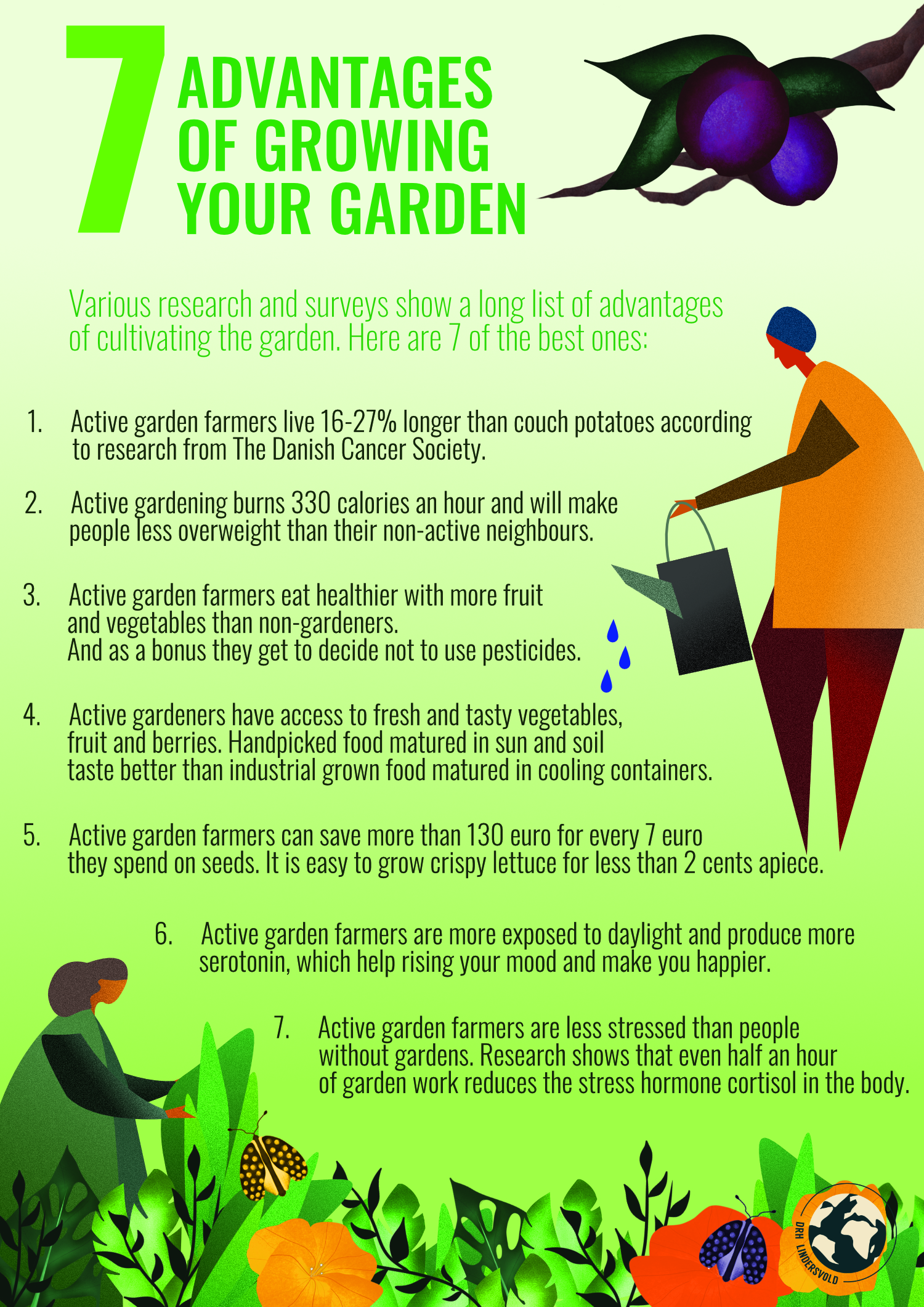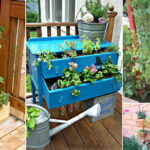Gardening, often regarded as a mundane chore by some, has taken on a new dimension of significance in recent years. This activity, once primarily associated with the older generations, is now increasingly embraced by younger individuals and urban dwellers. The motivations behind this shift are manifold, ranging from a desire for sustainable practices to the pursuit of mental well-being. Understanding who enjoys gardening and why begins with exploring these benefits, revealing a tapestry of connections that ties people back to the earth.
The resurgence of interest in gardening can be attributed to a confluence of social, environmental, and psychological factors. Younger generations have witnessed the catastrophic effects of climate change and have found solace in the nurturing act of tending to plants. In cities, where concrete predominates, urban gardening initiatives have emerged as a movement that champions sustainability while providing a therapeutic escape from the frenetic pace of modern life. Thus, the question arises: who exactly enjoys gardening?
Let us delve into the demographic aspects of gardening enthusiasts.
Millennials and Gardening: A New Generation of Green Thumbs
Millennials, a cohort born roughly between the early 1980s and the mid-1990s, have displayed a pronounced affinity for gardening. The motivation behind this phenomenon can be rooted in their collective experiences and values. Growing up amidst environmental catastrophes, millennials have cultivated a profound awareness of ecological issues. This generation seeks not only to minimize their ecological footprint but also to contribute positively to their communities.
A substantial number of millennials are drawn to organic gardening practices. The quest for clean, pesticide-free produce is a testament to their commitment to health and sustainability. The rise of community gardens in urban locales has provided a platform for millennials to engage in horticulture collectively. These spaces foster social interactions, knowledge exchange, and resilience—attributes increasingly vital in a time characterized by social fragmentation.
Furthermore, the allure of home-grown produce resonates with younger individuals who wish to have more control over their dietary choices. By growing their food, they are less reliant on industrial agricultural systems that often prioritize convenience over sustainability and quality. In this sense, gardening serves as a form of resistance against the commodification of food and its associated impacts. Thus, millennials are shaping a narrative of empowerment through their gardening endeavors.
Gen Z: Digital Natives Cultivating a Connection to Nature
Generation Z, the cohort succeeding millennials, is characterized by an intrinsic connection to technology. However, in a paradoxical twist, many Gen Z individuals are advocating for an escape from screens in favor of engaging with nature. The simple act of planting a seed is an antidote to the dizzying distractions of the digital world.
Research indicates that gardening can serve as a form of mindfulness, a practice that helps to alleviate stress and anxiety. Gen Z, often beset by societal pressures and mental health challenges, is gravitating towards activities that promote tranquility and grounding. Engaging in gardening cultivates patience and resilience, essential skills in an era where the immediacy of technology can lead to a disconnection from oneself and one’s surroundings.
Moreover, the visual appeal of gardening on platforms like Instagram and TikTok has created a vibrant culture surrounding this practice. The ability to share gardening journeys, from seed to harvest, allows for interconnectedness among like-minded individuals. Social media offers an avenue for young gardeners to exchange tips, showcase their achievements, and cultivate a sense of belonging. It is not merely about the act of gardening, but about the community that blossoms alongside it.
The Psychological and Physical Benefits of Cultivating a Green Space
Beyond demographic trends, there are compelling psychological and physical benefits associated with gardening that resonate with younger enthusiasts. Engaging with the earth through the cultivation of plants can lead to profound improvements in mental health and overall well-being.
Studies have shown that gardening can significantly reduce symptoms of anxiety and depression. The act of caring for plants, nurturing their growth, and witnessing the fruits of one’s labor can instill a sense of accomplishment and purpose. Such effects are particularly crucial as younger generations navigate a world suffused with uncertainty and change. Gardening promotes a sense of mindfulness, drawing individuals into the present moment and helping to mitigate the overwhelming nature of modern life.
Additionally, the physical advantages of gardening are noteworthy. It is an excellent form of exercise, which effectively incorporates strength training, flexibility, and endurance—all essential aspects of maintaining health. For those who spend much of their day seated at desks, gardening provides a counterbalance, allowing individuals to engage their muscles and improve cardiovascular health.
Furthermore, studies have indicated that gardening can enhance cognitive function. The various tasks involved—planning, problem-solving, and even practicing patience—stimulate the mind in ways that other activities may not. Younger generations increasingly value cognitive fitness, and gardening emerges as an engaging method to cultivate both mind and body.
Environmental Awareness: The Eco-Warriors of the Future
The intersection of gardening and environmental consciousness cannot be overstated. As climate change becomes an existential threat, younger generations are stepping up to become eco-warriors, advocating for sustainable practices through gardening. Engaging in gardening fosters an appreciation for biodiversity and ecosystem health, both of which are crucial to combating environmental degradation.
Many young gardeners are participating in initiatives such as permaculture, which emphasizes working with nature rather than against it. This holistic approach not only improves soil health but also enhances local ecosystems. By choosing native plants and employing organic gardening techniques, they position themselves as stewards of the environment, actively participating in the preservation of their surroundings.
In a world increasingly dominated by fast fashion and disposable culture, the choice to grow one’s food can symbolize a profound commitment to sustainability. Young people who embrace gardening are likely to advocate for responsible consumerism, seeking products that resonate with their values and reflect their personal journey.
Conclusion: From Tilling Soil to Cultivating Well-Being
The allure of gardening transcends mere aesthetics or culinary pursuits; it embodies a lifestyle rooted in sustainability, connection, and well-being. For millennials and Gen Z alike, gardening represents an opportunity to reclaim control, nurture the planet, and foster community—elements that are paramount in modern life.
As young people forge connections through soil and seeds, they are simultaneously engaging with deeper societal issues, bringing forth a movement that seeks to enrich lives and safeguard the future. With gardening, they find purpose and meaning, cultivating not just plants, but a legacy of care for themselves and the world around them.









Leave a Comment